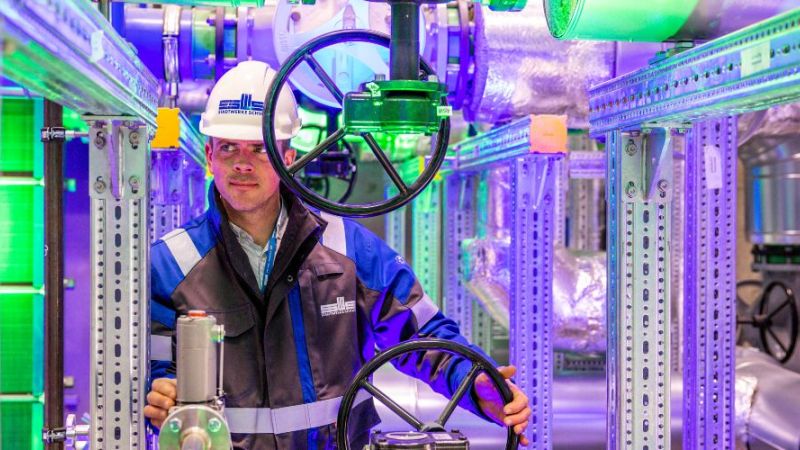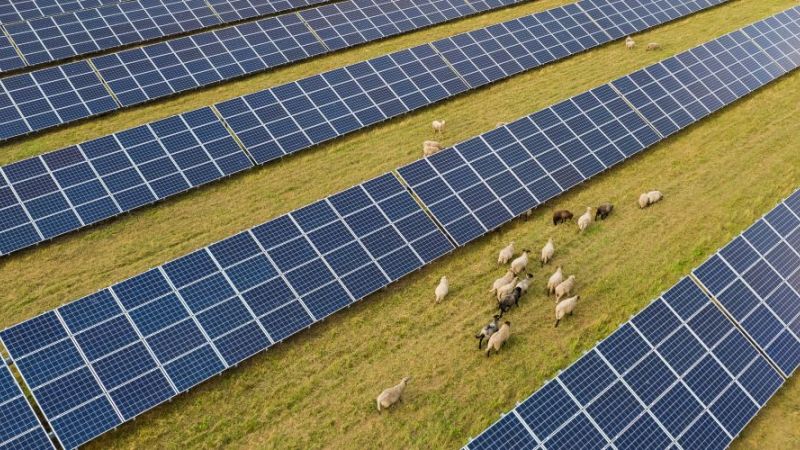Energy Transition And Society
Great need for research on energy transition and society
The involvement of society and the consideration of transformation paths from different perspectives are essential for the success of the energy transition. In the ‘Energy transition and society’ funding area, research work on social issues is funded, which represents an important addition to the technological funding aspects.
The energy transition and climate protection require a comprehensive restructuring of the entire energy system and concern both technological and organisational processes as well as social perception, social action and social innovation. This includes analysing, developing, creating and disseminating new social practices in society. Urgent challenges in this process are the changing labour market and the shortage of skilled workers.
Eligible research content on energy transition and society
There is a need for research into how technological innovations and processes of the energy transition specifically affect and interact with society, but also with certain social groups. Ongoing social change processes and needs, which form the basis for viable compromises with regard to the energy transition, raise new research questions. Additional research efforts involving a large number of fields of action and stakeholders are therefore necessary in order to recognise the socio-economic challenges and consequences of the transformation process and take them into account appropriately when shaping the energy transition process.
Society-based energy transition research thus supports the accelerated implementation of technological approaches in the heating market, in sector coupling, in the electricity market and in the energy system as a whole. For this reason, society-based energy transition research considers administration and politics, economic sectors, value chains, social groups, households and/or individuals equally as key reference variables and actors in research and the transfer of results. In order to ensure the societal approach and promote the transfer of research results to society, the involvement of practical stakeholders and multipliers (e.g. associations, civil society organisations, public administration, the private sector, the energy and housing industry, municipal companies, local authorities and energy agencies) is a key concern of the BMWK.
The projects should be integrated into energy research networks with suitable content. In this way, further practitioners can be reached and results disseminated. Research and development results should be prepared in such a way that stakeholders from business and society can also use them and, based on them, make decisions on options for action, for example to make investments or adapt behaviour. Open science approaches or research with citizen science elements also have a central role to play here in order to strengthen the dialogue between energy research and society and to incorporate perspectives from civil society more strongly into research.
Other relevant energy research topics on energy transition and society
Societal energy transition research focusses on interactions in the overall system of energy transition measures when considering societal framework conditions. It analyses socio-economic and socio-technical effects and solutions in the heating market as well as the reduction of direct or indirect rebound effects with regard to efficiency and sufficiency in the renewable electricity market. The structural change associated with the energy transition and a changing labour market due to the increasing use of renewable energy resources and the shift away from fossil energy sources require new approaches to regional structural adjustment, working conditions and training.
Projects involving business and science are particularly welcome. The project proposals should be characterised by transdisciplinary cooperation between different specialist or research disciplines with the involvement of social science, communication science or humanities research.






